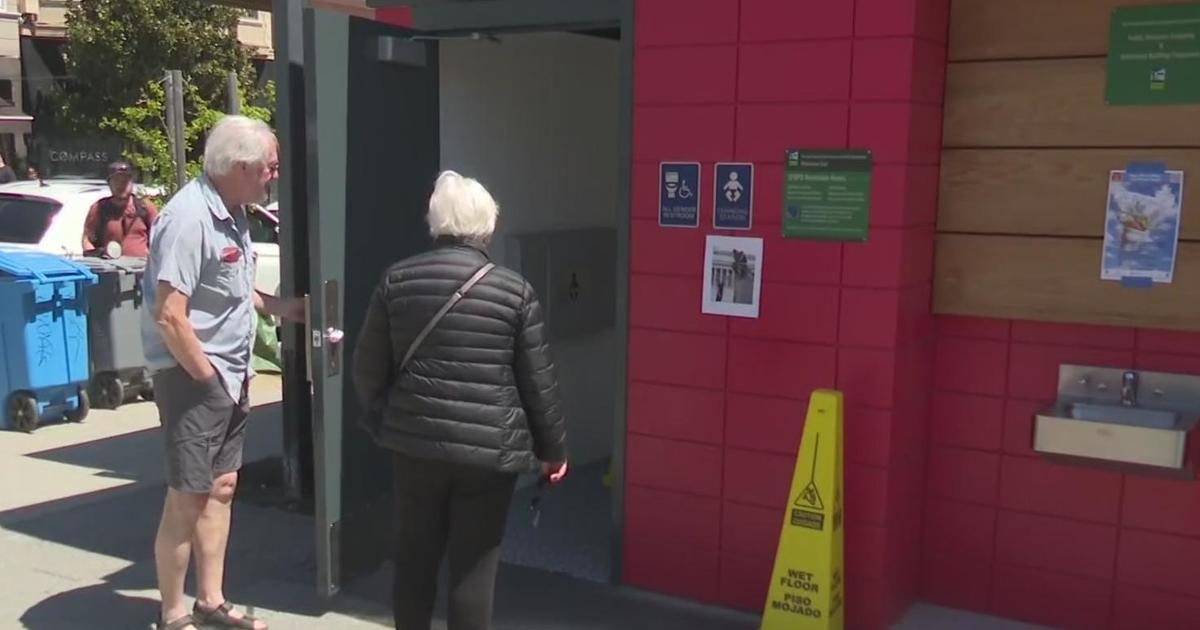Volcanic Eruptions Likely Slowing Global Warming, Livermore Scientists Conclude
SAN FRANCISCO (CBS SF) - The impact of climate change would likely be felt even more strongly if not for 15 years of volcanic activity that have caused a "warming hiatus," according to a report in the journal Geophysical Research Letters.
"The warmest year on record is 1998. After that, the steep climb in global surface temperatures observed over the 20th century appeared to level off," reads a press release from Lawrence Livermore National Laboratory."Scientists had previously suggested that factors such as weak solar activity and increased heat uptake by the oceans could be responsible for the recent lull in temperature increases."
The theory is that sulfuric acid released during eruptions combines with oxygen in the atmosphere and hover there deflecting sunlight from Earth, thereby preventing more drastic temperature increases.
The findings, developed by a team led by Lawrence Livermore National Laboratory scientist Benjamin Santer, back up 2011 MIT research that first tied volcanic activity to slowing temperature increases.
"The second Livermore-led study shows that the signals of these late 20th and early 21st eruptions can be positively identified in atmospheric temperature, moisture and the reflected solar radiation at the top of the atmosphere," reports LLNL.
The full findings, published in the journal Geophysical Research Letters, suggest even moderate eruptions can impact global temperature readings.
"If we wish to accurately simulate recent climate change in models, we cannot neglect the ability of these smaller eruptions to reflect sunlight away from Earth," Mark Zelinka, another Livermore author.



